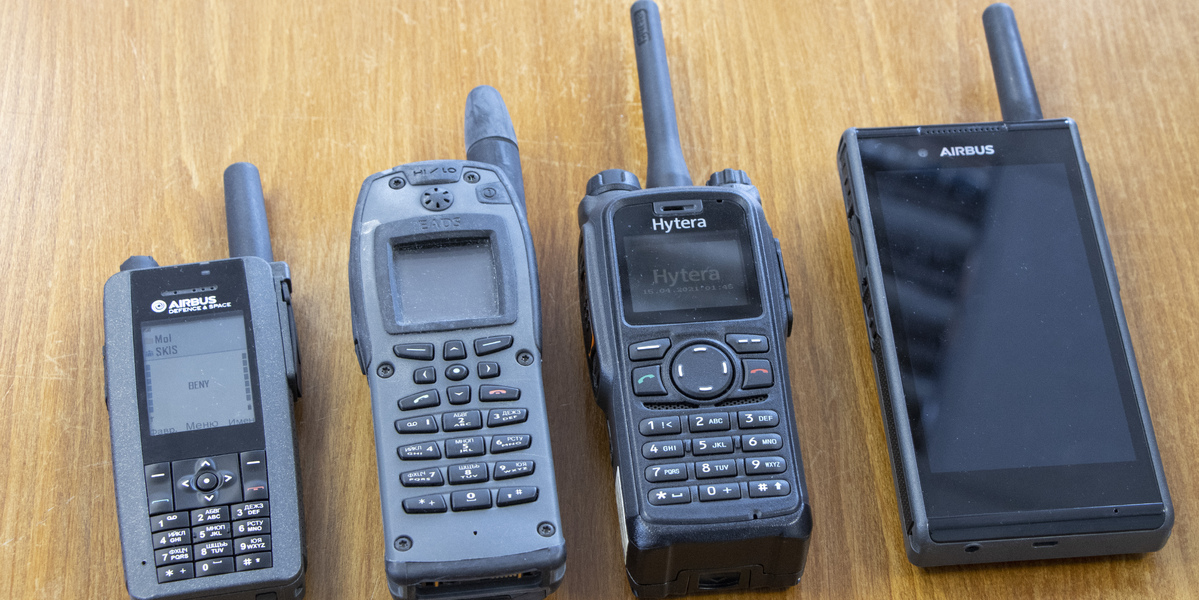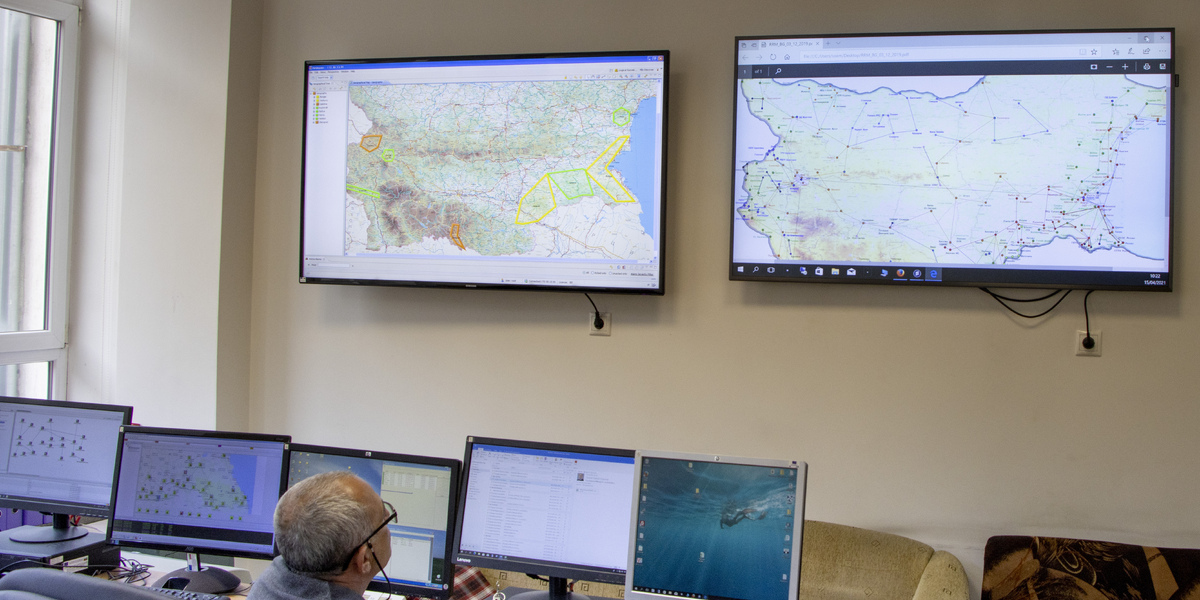18-05-2021 11:57
Since 2007 the development of the TETRA system (short for TErrestrial Trunked RAdio) in Bulgaria is supported by Norway through projects with total amount close to 10 million Euro. This is part of the continuous efforts of Norway to support important Pan-European priorities and initiatives such as Schengen security and secure communication links for public services. On a practical level, TETRA is a cellular radio system similar to the GSM but is rather used by governments in more than 100 countries around the world. The system provides secure communication and exchange of information between public institutions.
With two projects already concluded in previous years and a third one in implementation, we take the occasion to visit the based in Sofia “Center for Monitoring and Management” and talk with Mr. Momchil Nedzhin. He is working for 27 years at the Ministry of Interior, currently as Deputy Director of Communication and Information Systems Directorate. For the past 20 years, he is part of the team working on the development and implementation of the TETRA system in Bulgaria. As a result, radio coverage of the borders with Turkey and Greece is achieved, as well as communication links between the main cities, airports and harbors. The achieved level of security is required for access to the Schengen Information System, but it also provides protection for exchange of personal data between institutions, reduces migration pressure, improves the work of emergency medical healthcare reaction and early warning system for the population.
On the technical side, the provided funding is used for the purchase of stationary and mobile TETRA stations. The communication is through the so-called terminals that look similar to a mobile phone. They are also dust and crash proof, while those at the site of Kozloduy Nuclear Power Plant have even additional perks.
The choice where to locate the base stations is not an easy task since mountainous border regions in Bulgaria pose a significant threat for the strength of the signal. Through the years, TETRA technology capabilities have advanced significantly. “Currently our TETRA system is upgraded to the latest version in Europe – 7. This is important for the technical support of the equipment and the new functionalities such as broadband transfer,” explains Mr. Nedzhin and points out that though TETRA started as a tool for audio connection, it already allows video meetings and provides access for smart phones through encrypted connection and dedicated line.
“The TETRA system has many functionalities and is broadly used throughout Europe on government level. It is constantly improved and upgraded to provide security in the face of modern threats in the upcoming years,” shares Mr. Nedzhin and gives us a glimpse to the future with “the aim is to reach 90-95% coverage and to open the system for all potential users. Thus, the institutions will be able to provide better services through a fast, secure and reliable communication system”.





